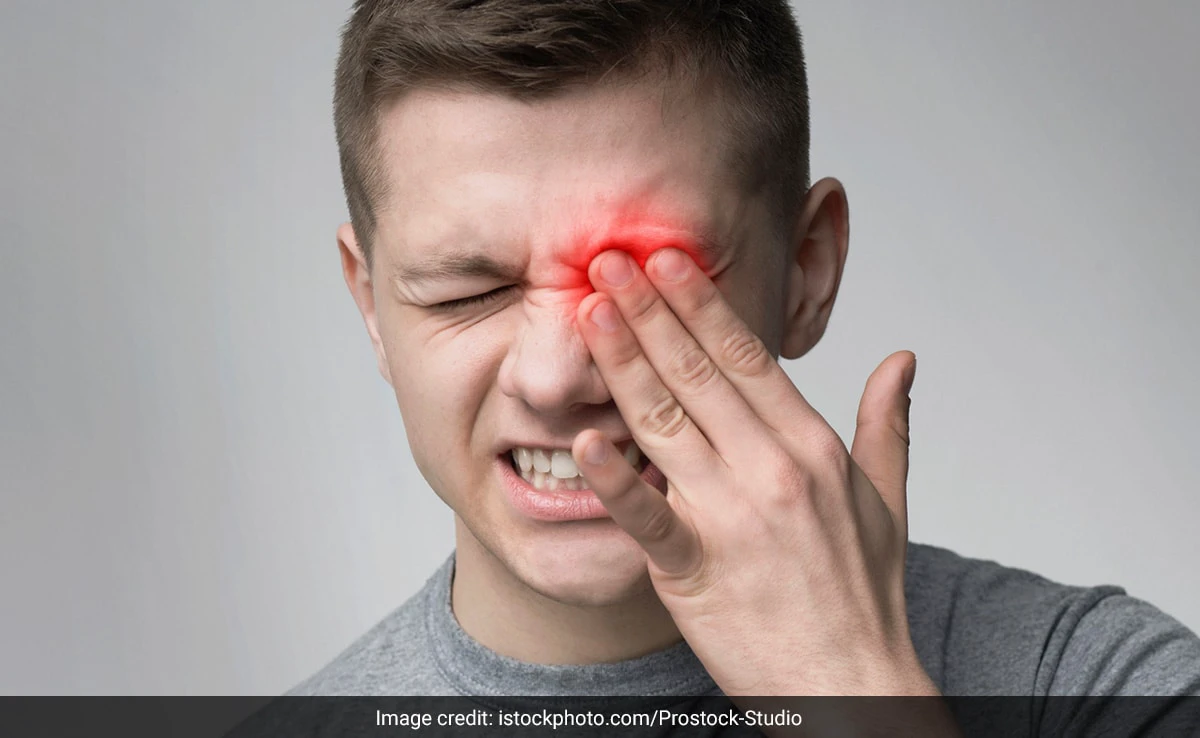The air quality in Delhi-NCR has significantly deteriorated. On Wednesday morning, Delhi woke up to thick layers smog. The air quality index (AQI) for the city was recorded at 345, indicating a ‘very poor’ category at 5:30 AM. In some areas of Delhi, the AQI even reached as high as 380. Elevated levels of pollutants can be detrimental to your health in various ways, particularly for individuals with weakened immune systems or pre-existing health conditions.
Prolonged exposure to polluted air may lead to breathing difficulties, watery eyes, and a sore throat. Here, let’s explore the impact of pollution on eye health.
Air pollution and its effect on the eyes
The impact of high on the eyes is significant. Exposure to pollutants like particulate matter (PM2.5), nitrogen dioxide (NO2), and sulfur dioxide (SO2) can lead to a range of eye problems. These include irritation, redness, dryness, and increased susceptibility to infections. Long-term exposure can even affect vision and lead to chronic conditions such as conjunctivitis or other ocular issues.
“The spike in air pollution can affect your eyes after Diwali, especially pesky smoke, dust, and chemicals floating in the air, which may cause eye redness, itching, tearing, and burning. People with existing eye allergies, dry eye or contact lens wearers may be at a higher risk of these symptoms and even an eye infection,” said Dr. Pawan Gupta, a senior cataract and retina surgeon.
What should you do
“If you experience eye irritation after Diwali, try to stay indoors on smoggy days or wear protective eyewear when you have to go outside. Flushing your eyes with plain water after exposure can help determine if pollutants in the eye can be removed. Lubricating or artificial tears may help with any dryness, and a cold compress might provide comfort,” Dr. Gupta added.
When to see a doctor
“If redness or eye symptoms are persistent with pain, swelling, or if your vision is blurry, be sure to follow up with your eye care provider. It is also recommended to keep your ventilated, and you might consider using a standard air purifier during this time,” he advised.
Some other tips to keep your eyes safe during high air pollution include:
1. Use sunglasses or goggles that can shield your eyes from dust, smoke, and other pollutants when you’re outdoors.
2. Use in your home, especially in your bedroom, to filter out pollutants. Keeping windows closed on days with high pollution can also help.
3. Drink plenty of water to keep your body and eyes hydrated. This can help reduce dryness and irritation.
4. If your eyes feel dry or irritated, use lubricating eye drops to soothe the discomfort.
5. Reduce the time spent outdoors on days with high pollution levels, particularly during peak hours.
6. At the end of the day, wash your face and eyes with cool water to remove any accumulated pollutants.
7. Include foods rich in antioxidants (like fruits and vegetables) in your diet, which can help protect your eyes from damage caused by pollution.
Air quality in Delhi and nearby regions may remain poor or get worse in the coming days. Keep your eyes safe with these tips.
